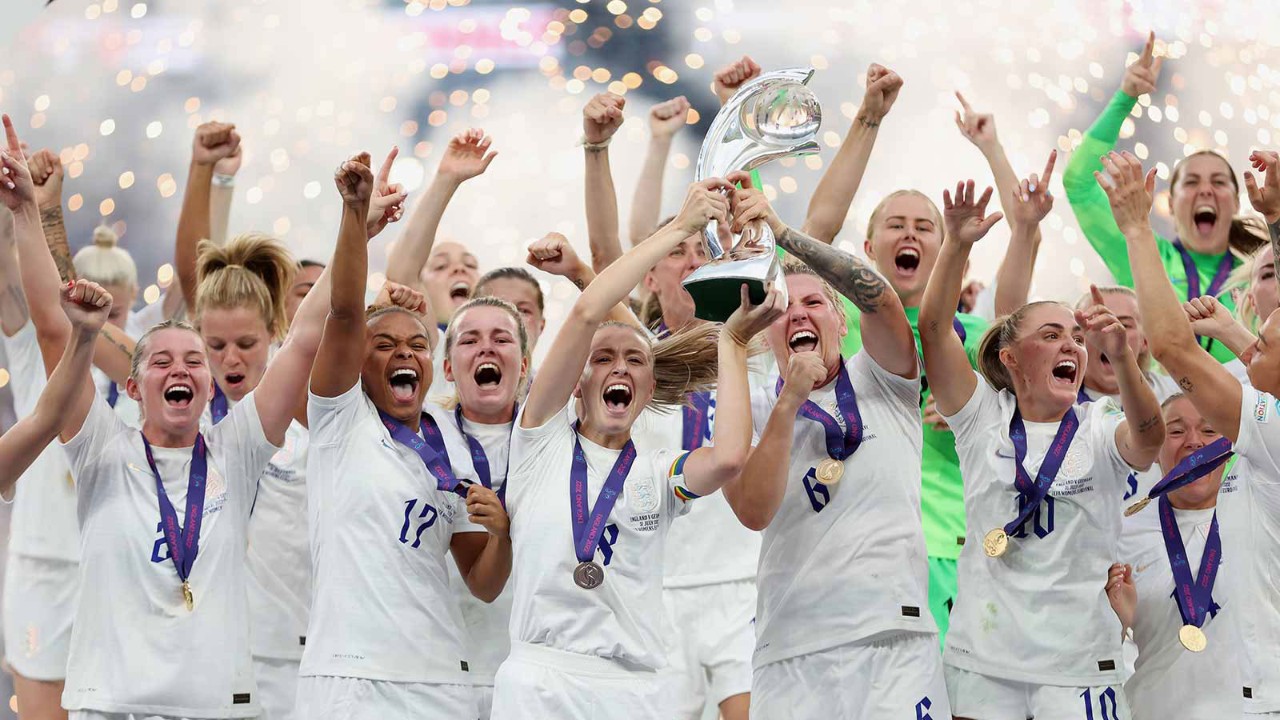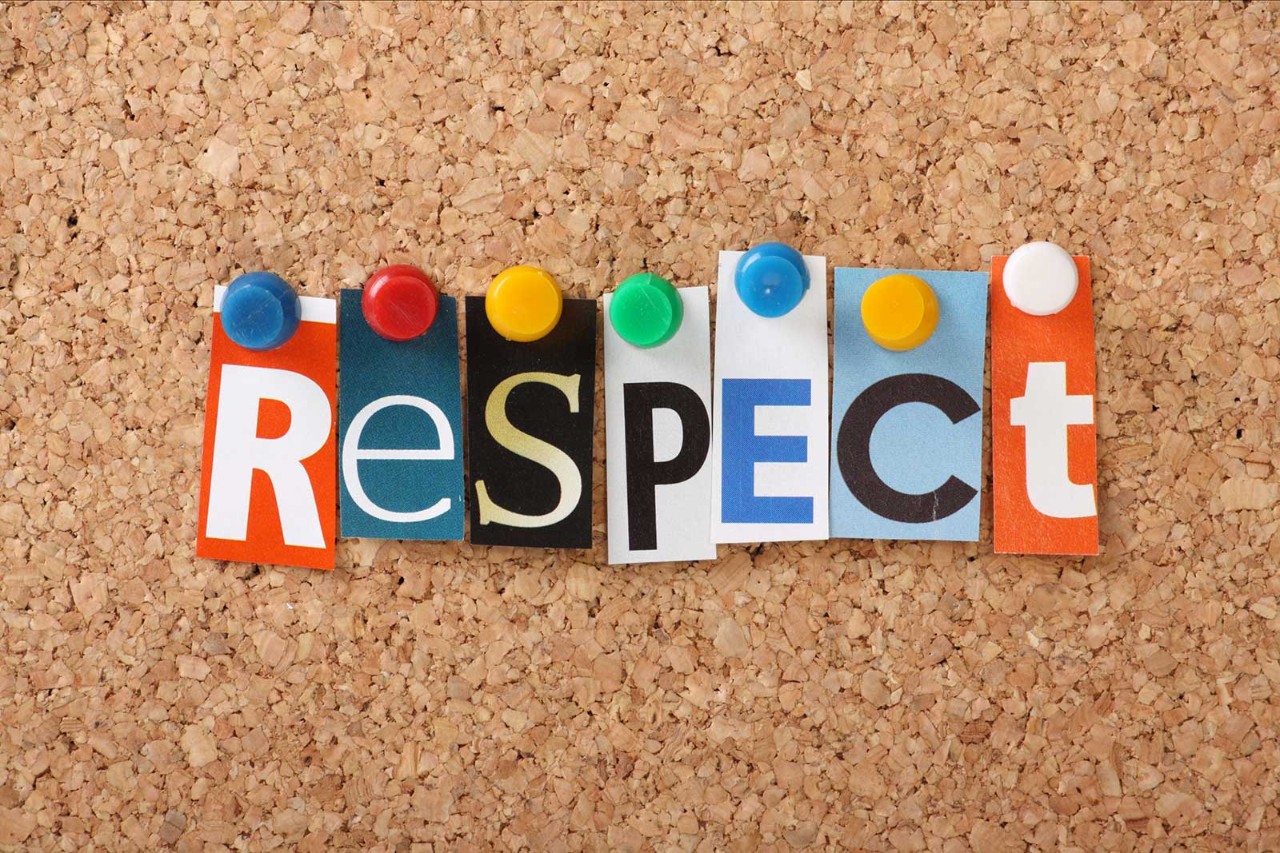
Women’s football and rugby union are set to dominate the upcoming sporting calendar, with both sports enjoying substantial growth in revenues.
Uefa’s Women’s Euro 2025, the 14th edition of the tournament, takes place in Switzerland from 2–27 July, while the Women’s Rugby World Cup 2025 is running in England from 22 August to 27 September. The backdrop to both tournaments is reports of rising revenues, record ticket sales and greater broadcast exposure.
The prize money for Euro 2025, at €41m, is more than double the €16m paid in 2022
An EY impact report, commissioned by Uefa, predicts that Euro 2025 will be one of the most impactful tournaments in the history of the women’s game. Sixteen teams will compete across eight Swiss cities, backed by a €246m joint investment from Uefa, the Swiss Football Association (SFA) and local and federal government authorities.
Eyes on the prize
The prize money for Euro 2025, at €41m, is more than double the €16m paid out to national associations at the last tournament in 2022, and five times greater than the €8m pot for teams competing in 2017.
The maximum prize money achievable for the winners, if they also win their three group stage matches, is €5.1m. By comparison, at Women’s Euro 2022, each team received €600,000 as a fixed participation fee and the winners’ total was just over €2m.
This significant growth in prize pots, according to EY’s report, is thanks to a sweeping programme of investment, development goals and lasting legacy plans. Part of a €1bn Uefa commitment to women’s football between 2024 and 2030, it is funded by competition revenues and supplemented by targeted investments.
Revenues have reached record levels after Uefa separated women’s sponsorship packages
‘The new prize money structure, with dedicated allocations for players and enhanced club benefits, celebrates the incredible efforts of players and provides vital support for the clubs that empower them,’ said Uefa president Aleksander Ceferin at the time the investment programme was announced last December.
‘It also reflects the pivotal role of national associations in driving the unstoppable growth of women’s football across Europe. This historic agreement will not only elevate Women’s Euro 2025 but also leave a lasting legacy, strengthening the sport and inspiring future generations.’
Revenue sources
More than 550,000 of a maximum 673,000 tickets have already been sold for the competition, close to the attendance record of 575,000 set at Euro 2022 in England. And in a substantial boost for the tournament’s coverage, US broadcaster Fox announced that it will air 19 matches on its main channel for the first time, in addition to the numerous national agreements made across the world.
Meanwhile, tournament revenues have reached record levels – partially as a result of Uefa’s decision to separate its women’s sponsorship packages from the men’s game in 2017. As a result, brands can chart accurate valuations of women’s football rights, while offering sponsors specific opportunities to be involved in the women’s game. The 2025 tournament’s global partners include Adidas, Amazon, Heineken, Lidl, PlayStation and Visa.
Dave Beeche, chief executive of the 2023 Fifa Women’s World Cup, has acknowledged the positive effect of this development. ‘There are still the blue-chip companies you would expect in the event sponsorship space, but also interest from some new categories as well,’ he told SportsPro website in 2022.
‘Particularly around the women’s space I think there are unique opportunities there that may not be applicable to the men’s game.’
‘The impact of this tournament extends far beyond the competition itself,’ Čeferin said in the EY impact report. ‘With record prize money and unprecedented interest from sponsors, the tournament will bring more investment into the women’s game than ever before.’
Record-breaking rugby
Women’s rugby, meanwhile, is also posting record-breaking numbers. New Zealand, England and Canada are the favourites to win this year’s 16-team Women’s Rugby World Cup. Tournament officials reported ticket sales surpassing 300,000 with almost three months to go – double the number sold at the previous tournament, held in New Zealand in 2022.
English governing body the Rugby Football Union forecasts a £156m uplift to the UK economy, while the reach of the tournament has never been greater.
‘With record-breaking ticket sales, this tournament is about creating lasting change’
Broadcast rights have been sold to the BBC in the UK and Nine Entertainment in Australia, alongside a multi-year, multi-platform rights agreement with CBS Sports for Paramount+ to become the US home of women’s World Rugby events until 2029.
‘With record-breaking ticket sales and unprecedented visibility for women’s sport, this tournament is not just about elite competition; it’s about creating lasting change,’ said Sarah Massey, managing director, Women’s Rugby World Cup 2025, when announcing Kettle Chips as a tournament supplier in April. ‘We look forward to celebrating the power of rugby to unite, empower and drive progress for women and girls around the world.’
Principal tournament partners include Mastercard, Gap Gemini, Asahi, Gallagher and Land Rover Defender. Other sponsors include Unilever’s personal care business, which announced a multi-brand partnership for the tournament and also Women’s Rugby World Cup 2029.
The 2021 Women’s tournament earnings generated US$18.5m from 18 sponsors – a figure set to be exceeded this year, as a result of the 19 brands backing the event as sponsors and official suppliers.
Speaking as Unilever was announced as an official supporter for both the women’s and men’s Rugby World Cups up to 2029, Fabian Garcia, the company’s personal care president, said: ‘We are delighted to be partnering with World Rugby, particularly at a time when women’s rugby is on a sharp upwards trajectory.’



